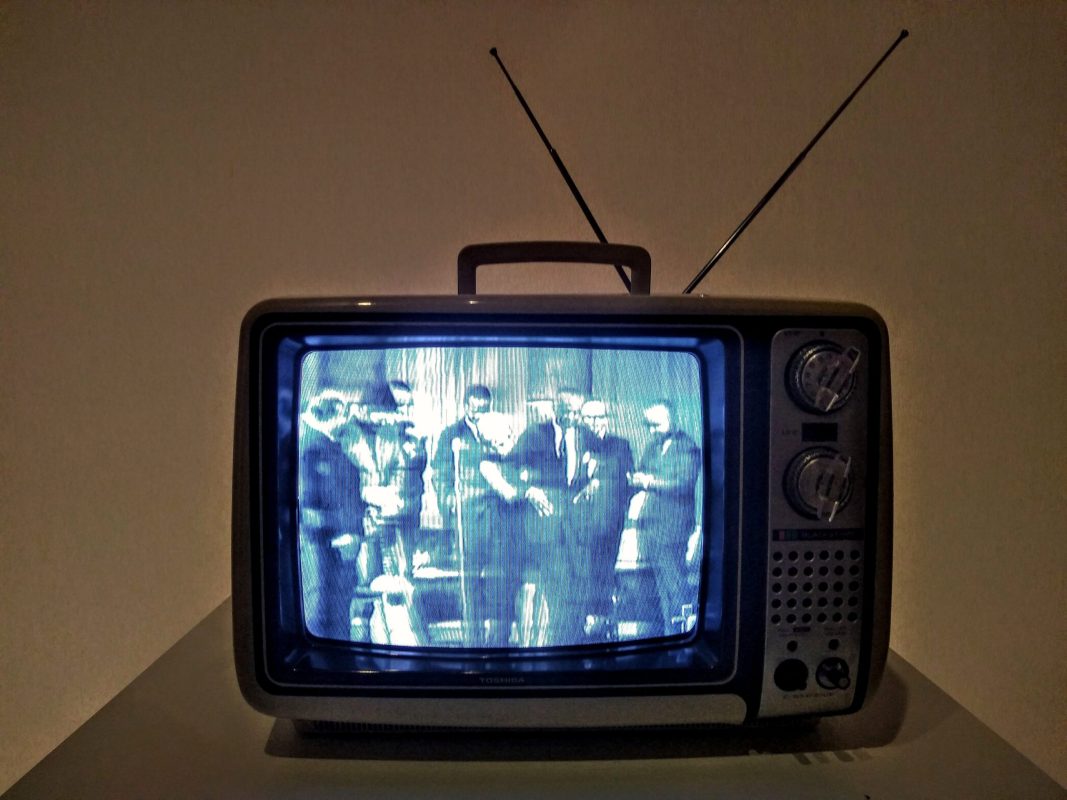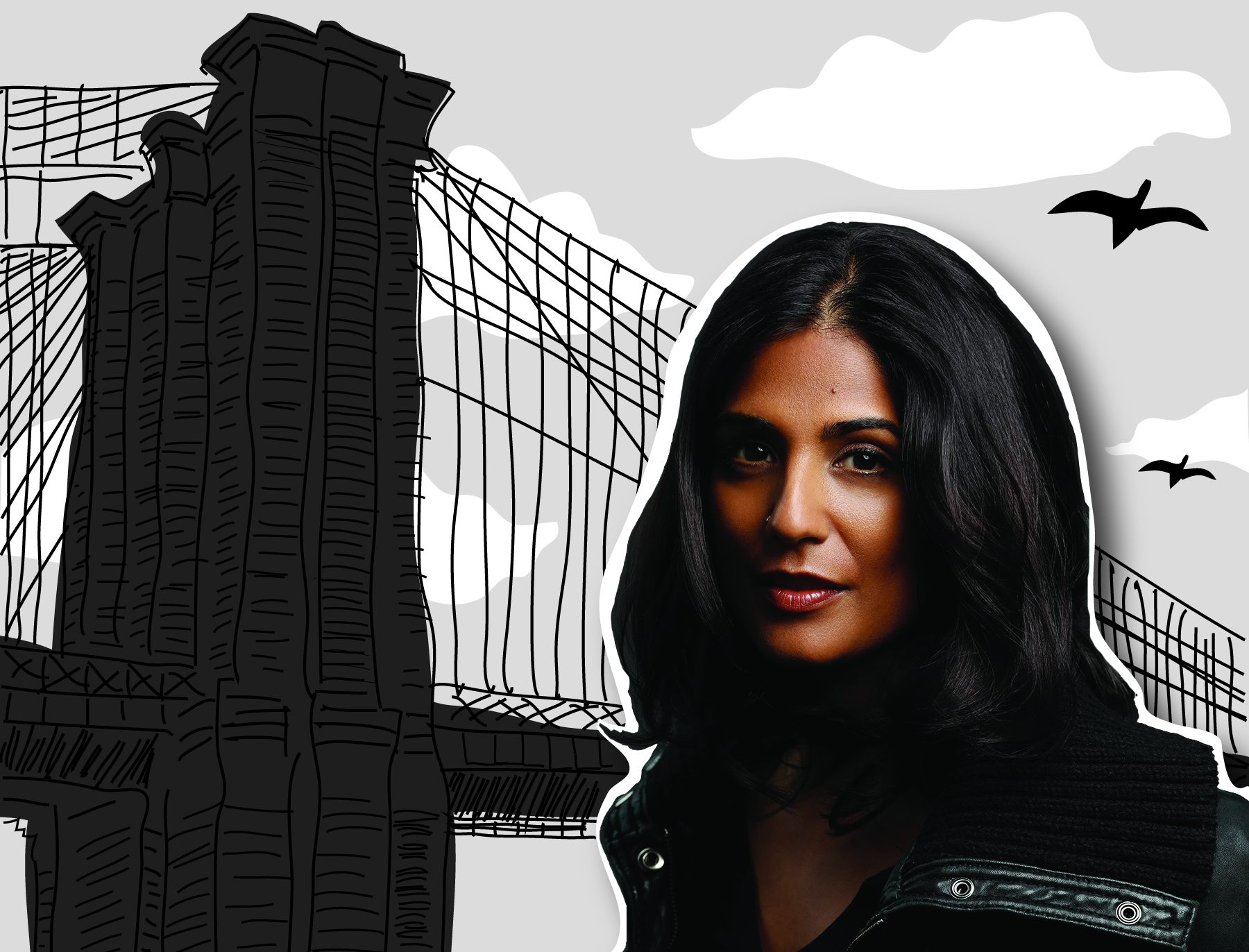Books & Culture
The Torturer’s Horse
What a poem written during the rise of Hitler can teach us about what's happening today

At some point last summer, or last fall, or last spring, I was walking home from work and thinking about whatever new barbarity the Trump administration had recently unleashed onto the world. (This is why I can’t remember what season it was: “a recent new barbarity” isn’t a unique enough marker anymore. It was still light at 6:00 and something horrible was happening; it could have been any one of 200 days.) My route takes me through Fort Greene Park, where there were children and dogs playing heedless of whatever dark works were occupying my mind, and all of a sudden the phrase “the torturer’s horse / Scratches its innocent behind on a tree” bubbled up out of my subconscious and slammed into my sternum so hard I had to sit down to catch my breath.
This is a line from W.H. Auden’s poem “Musée des Beaux Arts,” which you can read here. It’s a poem about a painting, Peter Bruegel the Elder’s “Landscape with the Fall of Icarus,” but it’s also and primarily a poem about how every tragedy takes place amid a maelstrom of indifference. “Even the dreadful martyrdom must run its course / Anyhow in a corner,” Auden writes; “some untidy spot / Where the dogs go on with their doggy life and the torturer’s horse / Scratches its innocent behind on a tree.” The worst things that happen in the world still happen in the world, and the world is distracted. In 1938, when Auden published his poem, what it was distracted from was the rise of Hitler.
The poem felt painfully, vertiginously significant last fall or summer or spring, as I watched the dogs go on with their doggy life irrespective of whatever I was worrying about—xenophobia, gun fetishism, nuclear threat. It feels even more so now, as we reckon with the fact that children are being separated from their asylum-seeking parents at the border and put into what can only be called internment camps. The rest of the poem concerns Bruegel’s painting, which shows a serene seaside scene with a little boy’s legs thrashing almost imperceptibly in the lower right corner. In terms of how much space he takes up on the canvas, the drowning boy is comparable to a far-off sheep, a nearby man’s hat. This is Icarus, whose father tried to free them both from prison by flying out on homemade wings. They were fleeing from peril, and Icarus, excited, went too high—his name has become synonymous with hubris, flying too close to the sun. His wax wings melted in the unexpected heat, and he fell and was snatched by the waves. Boys disappear so easily.
“The ploughman may / Have heard the splash, the forsaken cry,” Auden writes. “But for him it was not an important failure.” What we face now, plowmen all, is the inhumane treatment of people we are encouraged, exhorted, ordered, even begged to disregard. Parents fleeing mistreatment with their children are having those children torn away by the hubris of uniformed petty thugs and a tyrant who stencils his face on the wall of the jail. But we are given so many excuses not to care: these are criminals, they are animals, they are actors. For many in this country, that’s more pretext than we need to ignore a tragedy like this—a tragedy that happens outside our line of sight, to people not our own. We are experts at ignoring such unimportant failures. It is a disaster that, as Auden puts it, “everything turns away quite leisurely from.”
It’s important to think about this poem, and this painting, in our current moment.
It’s important to think about this poem, and this painting, in our current moment: to look at those legs disappearing into the water, but also to look at the plowman—and the shepherd, and the fisherman—turning away. We need to see the parts of ourselves that are the plowman, and the shepherd, and the fisherman, the part of us that is the torturer’s horse. The part of us, most importantly, that is the “expensive delicate ship,” which Auden says “must have seen / Something amazing, a boy falling out of the sky,” but “had somewhere to get to and sailed calmly on.” So many of us want so desperately to ignore the boy falling out of the sky, to turn towards the sheep and the plow, towards the mundane joys and frustrations that always, always keep on churning even as his legs disappear into the deep.
The gift that Auden and Bruegel can give us right now is the ability to recognize, and thus resist, that instinct for apathy. What the Old Masters knew about suffering is not only that it goes on amidst indifference, but that people will naturally work to preserve that indifference, to bar suffering from their consciousness. The torture can’t be so bad, we tell ourselves—after all, there’s the horse, just scratching away! Whatever happens in this untidy spot can’t really be a martyrdom; that’s too big and cruel to happen next to dogs and their doggy lives. But of course, the truly evil can coexist with the truly mundane—can, in fact, slot into the mundane as tightly and seamlessly as clasped hands.
What Auden doesn’t mention about the Bruegel painting is how close, how painfully close the ship is to those little legs disappearing into the sea. It would barely have to turn back to save him. It could have stopped, and backtracked, and picked him up, and still gotten to where it was going. But it didn’t, because “somewhere else to get to” isn’t really about getting there. It’s about getting away—from the legs scything into the water, from the awareness that maybe something should be done.
“About suffering, they were never wrong,” Auden says. This may be true of the Old Masters; it’s certainly not true of visual art in general, which has often been guilty of making suffering into something glittering and glamorous and impossible to ignore. Nor is it true of poets, or novelists. Writers, even great writers, have been wrong about suffering, in the history of the world. But as its close observers and connoisseurs, they tend to be less wrong than its architects. Artists and poets and writers may not always show us a way forward, but they can show us where we stand: a counterweight to the politicians and functionaries and mouthpieces offering fertilizer for indifference, encouraging us to turn away. I have heard people say, more than once since 2016, that in our current climate it is irresponsible to care about things like novels and poems and art. I think it’s irresponsible to forget them.
Here is what Auden can tell us, from his desk in 1938, right before whatever may be about to happen again happened the first time: Don’t let yourself believe that because the dogs go on with their doggy lives, a boy has not fallen out of the sky. A boy has fallen. Turn this ship around.








